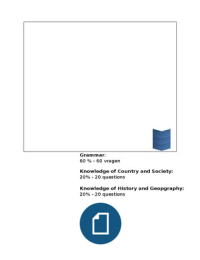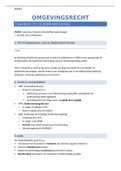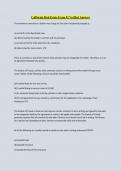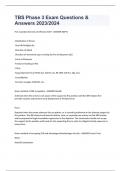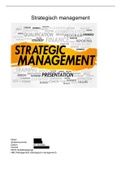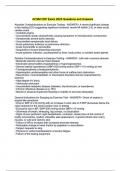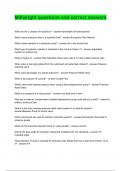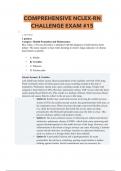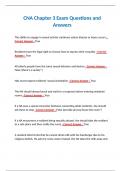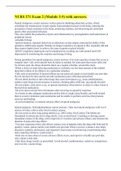Samenvatting
Summary Gehele toetsmatrijs LKT uitgewerkt (deel 1)
- Instelling
- Hogeschool Arnhem En Nijmegen (HAN)
Self knowledge test (lkt). (Part 1) The test matrix for LKT 2015/2016 fully detailed in 80 pages. , Which contain the history, origin, population, habits, important events, important people and war positions of the English-speaking countries; England, Scotland, Ireland, America, Canada and Australi...
[Meer zien]
